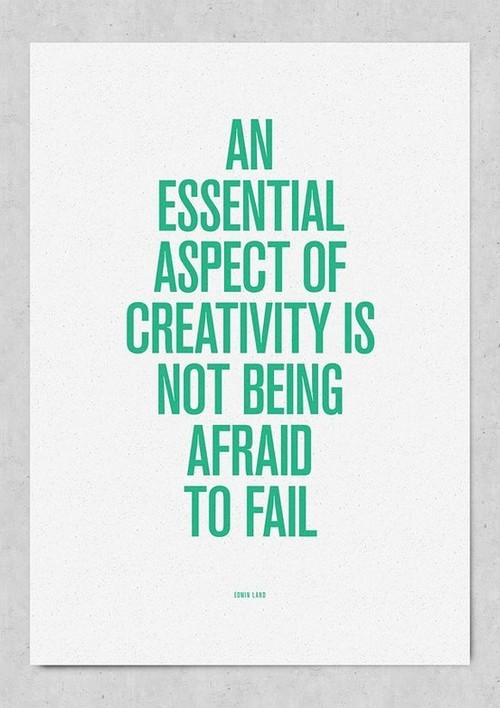 Who are you and where are you right now?
Who are you and where are you right now?
I’m Kevin Straszburger, I just founded Ben & Fakto, with two friends last year. We started the company just after finishing French business school EDHEC in June 2011. Right now I’m living in Singapore.
Prior to working in Singapore, you were the co-founder and CEO of Ben & Fakto. What was this company about?

In one sentence, Ben & Fakto was an ethical fashion retail website. We got started right away after graduation just until 2012 in the beginning of this summer when we decided to terminate the company. The business was good just in terms of the partnership we had going and the turnover- we saw a net growth of 30% each month. In June we tried to raise the terms but we just developed a different vision so each of us decided to try a new adventure. Two of my partners are still working in Paris. I decided to go to Singapore in a search of a dynamic environment. I had already worked in southeast Asia for six months.
How much did you invest in micro-finance?
I don’t have the exact number because I invested until this summer- it was more than a few thousand euros. I can’t tell you at the moment.
Should start ups be eco-conscious or care about social causes- are these good bottom lines to aim for?
I don’t think there is a general rule. We wanted to do something new and something concrete about social causes, so we found micro-loans the best way to do it. I love this way to help, but it depends if you want to launch a start-up and solely focus on your product and market.
Can you give advice on when an entrepreneur should pivot or decide to exit?
The thing is we weren’t able to stay together. It was an idea shared between the 3 of us. We had the option to continue, with just me or 2 of us. Instead what we really wanted was an all or nothing deal. Just like a marriage, Ben & Fakto was our child, and so we decided to split up and give up a child. It’s not the same as a family but in this case we preferred to keep and maintain the company together or not have it at all.
The differences were mainly about the vision. You can do a start-up in many different ways, be an entrepreneur for the rest of your life, grow slowly, try to reach the break-even point where you earnings are not more than 10%. Maybe turnover becomes satisfactory if the company is viable. Another option is that you can expect to grow as quickly as possible and want to make a huge turnover, hire some people, and raise funds. The extremes were these two different visions, so it was difficult to work together in this case. We tried to find a balance but honestly I don’t think it’s possible if you want to do something with someone who clearly does not share the same vision.
Did you have any prospective buyers? Was there an option to sell the company instead of just letting it die?
We tried for one month to sell it when some people learned that we had closed our doors. The buyers wanted to take ownership of the brand but still wanted one of us to continue in the business for at least 6 months. My partners and I were not interested in staying in a company with no official ownership. Maybe we wouldn’t have decided it this way if we were able to sell the company for more than the suggested value of € 30,000. It’s not an exit if it’s not a six-digit profit.
Do you consider this a start-up failure?
I consider it a start-up failure, because when I launched the company a year ago I didn’t plan to be in Singapore, but it’s cool here and I really love my life. In terms of ownership this venture was a failure. Of course we succeeded in some areas and in the end it was a really great experience. I don’t regret anything honestly.
Are there any thrilling aspects of start-up failure, if you look at the media and conferences like FailCon, do you think we can end up trivializing start-up failure?
I just did one venture at 23, it’s better for the next venture of course to succeed the first time and then keep trying again and again. I just learned a lot of things about myself. I tried to learn something new, what kind of person I am, what kind of people I love to work with. I’ve learned about my own limits, standards, and that’s really invaluable. It was cool to start as soon as possible.

In your opinion is France a good place for entrepreneurship?
I think France is cool to start something because you have the infrastructure. Paris is a good place to learn with the network, media, bloggers, and learn from other entrepreneurs who have succeeded or failed. I thought it was easy to meet people. Right now Paris has some good connections with Berlin and London, and for the future it’s cool.
I didn’t think a lot about the politics- I launched a start-up and never thought about my exit plan. Honestly I think this may be the case for an entrepreneur who wants to learn something and get started right away. It’s not a debate actually. You don’t have to think about Hollande’s cabinet plan– you just have to focus on your market, and your partners. Who are your clients? Where are they? For us Paris was good for our fashion start-up- there was no question.
Follow Kevin Straszburger’s start-up adventures on twitter @k7vin, tumblr and subscribe on facebook.
Did you like it? 4.4/5 (21)







